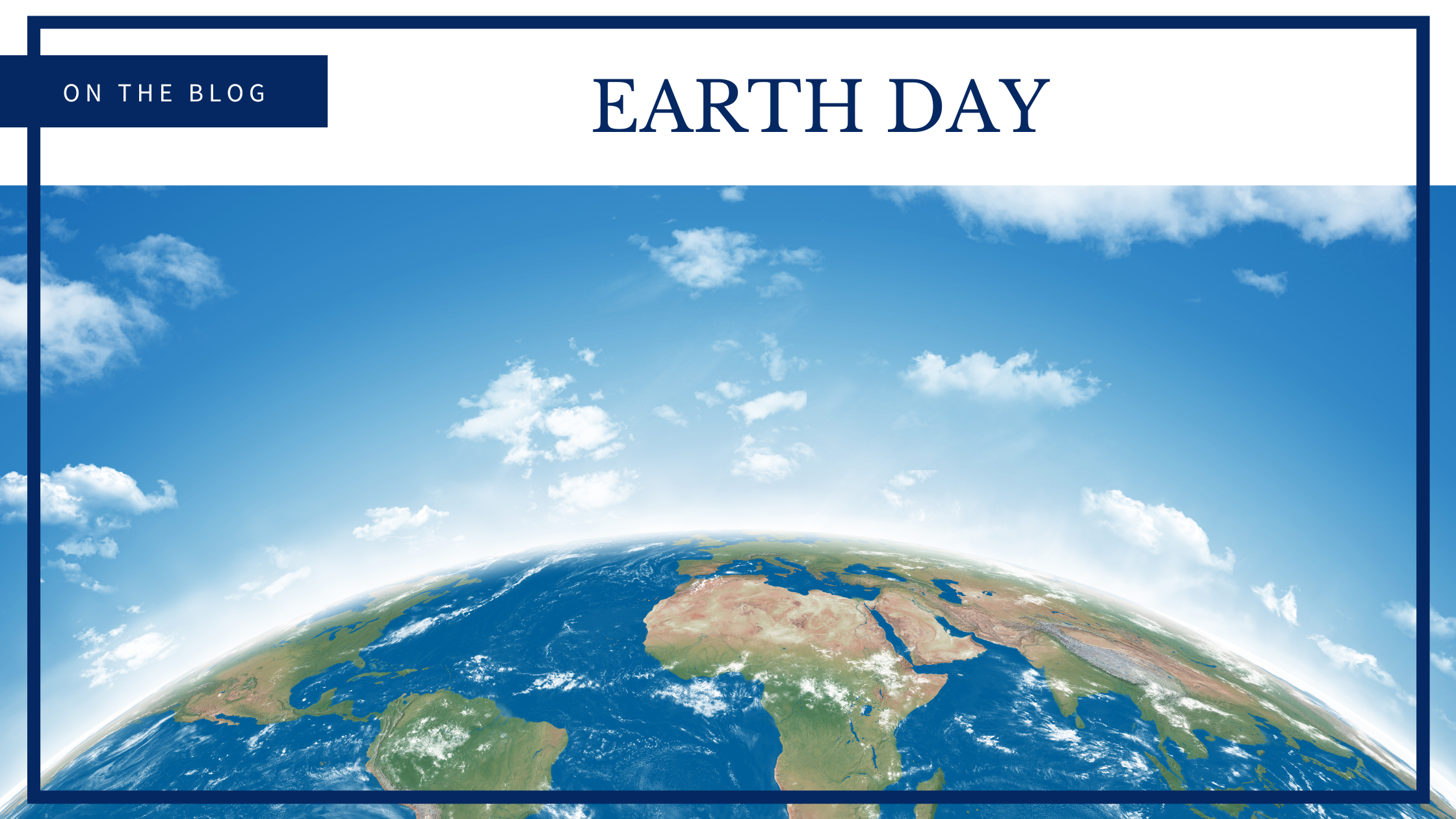Our big, beautiful planet seems to be going through a lot lately, and thankfully, we have a day dedicated to environmental awareness. Our planet is billions of years old, and we should make the effort to ensure its survival for another billion! It seems reasonable to have at least one day a year to reflect on the ways our planet takes care of us and how to better preserve its resources for future generations.
Gaylord Nelson, a senator from Wisconsin, founded Earth Day in 1970 to raise public consciousness about environmental concerns such as pollution, oil spills and vanishing wildlife. He tapped into the energy of the times, framing Earth Day as a “national teach-in” on the environment. The US Federal Government responded to Earth Day by creating the EPA (Environmental Protection Agency).
After the movement to bring more environmental awareness began, the United States was the only country to celebrate for about 2 decades. Earth day is now celebrated in almost 200 countries and has become a global movement for better environmental awareness and climate action. Earth Day has been observed every year on April 22nd in the United States and on either April 22 or the day the spring equinox occurs throughout the rest of the world.
Every year there is a new theme for each Earth Day. For 2024, the theme is Planet Vs. Plastics. The purpose of this theme is a call to action for the public to help end the use of plastic. Earthday.org has a goal to reduce plastic use by 60% this year. In order to reach this goal, we need to bring more awareness on the health implications that plastic has on the body, remove single use plastic items, and invest in newer technology that will help lead us to a plastic free world.
This goal will hopefully encourage the public to help protect not only the planet but our own bodies as well. Constantly being surrounded by and consuming products from plastic causes the plastic itself to carry heavy metals through our body and cause illness and cancer.
Plastic Facts to Know
- Creating a plastic water bottles require six times as much water than the bottle actually contains About 50 billion plastic water bottles are purchased each year
- Plastic in landfills end up breaking down and contaminating the soil beneath it and enter our food chain
- By 2050, there will be more plastic in the ocean than there will be fish
- BPA from plastic can be absorbed by the body and can raise the risk of breast cancer
Join us in taking a stand, and doing your part. The Nature Conservancy provides ideas to be part of the solution. Gather your family and make a commitment to our planet and your community and family.
About The Author:
Brittany has been a PCS Mentor with Milhousing Network for over 2 years, and loves being able to help other military families! Her husband is active duty in the Army, and their family recently purchased their first home in Maryland. Their first duty station was in San Antonio, and she loves the city!

